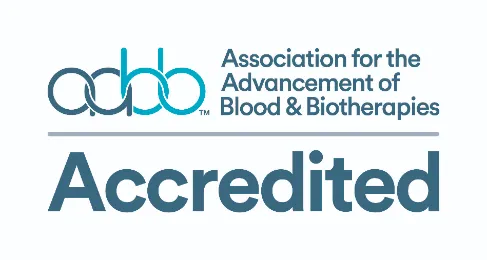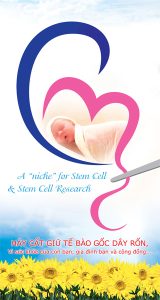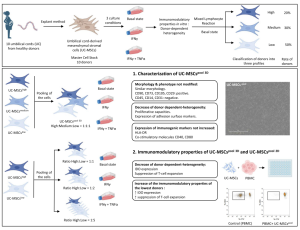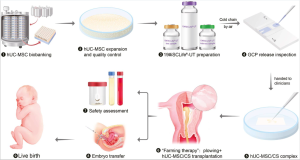Cancer Nursing Today, July 4 , 2024
By Katie Kosko
Patients with acute graft-versus-host disease (aGVHD) who received umbilical cord-derived mesenchymal stem cells (UC-MSCs) had a better overall response and lived longer compared with placebo, a recent study showed. The benefit of UC-MSCs was exceptionally better in patients with higher grade aGVHD.
More than 20 patients who underwent an allogeneic hematopoietic stem cell transplant for malignant or nonmalignant hematological disorders participated in the phase I/II clinical trial. The findings were presented during the European Hematology Association 2024 Congress.
Patients with grade 2-5 aGVHD were randomly selected to receive up to 3 upfront infusions of UC-MSC (n=14) or placebo (n=8). Overall response (OR) was measured at 14 and 28 days. Furthermore, overall survival (OS) was taken at 3 and 12 months.
“UC-MSCs demonstrated a quicker and sustained complete response, and a superior 3-month survival rate when compared to the placebo group,” the researchers said.
The study found that on day 14, the OR rate was 78.6% in patients who received UC-MSCs versus 75% with placebo. Day 28 showed similar findings (78.6% vs 62.5%, respectively)
OS rates were higher in the UC-MSC group compared with placebo at both 3 (85.1% vs 62.5%) and 12 months (56.7% vs 37.5%).
Subgroup analyses were conducted based on initial levels of circulating CD4+ terminally differentiated effector memory T (TEMRA) and CD8+TEMRA in patients.
“CD4+TEMRA or CD8+TEMRA are potential predictive markers that could be used to identify subsets of patients who experience significant benefits from upfront application of UC-MSCs, promising precision of patient selection and a cost-effective strategy,” the researchers said.
Specifically, CD4+TEMRA >35% or CD8+TEMRA >70% demonstrated elevated OS at 3 months (100% vs 80%; 100% vs 80%) and 12 months (83.3% vs 60%; 71.4% vs 60%) for the UC-MSC group compared with the placebo group.
The researchers also learned through a correlation analysis that OS at 12 months was positively related to OR at day 28 and baseline CD4+TEMRA and CD8+TEMRA.
In addition, patients with severe grade 3-5 aGVHD with CD4+TEMRA >35% who received UC-MSCs were more likely to survive up to 12 months compared with placebo (83% vs 50%). However, patients with CD4+TEMRA >35% in the placebo group had 0% survival regardless of aGVHD grade.
At 12 months, all patients with grade 3-5 aGVHD who had baseline CD8+TEMRA >70% and received UC-MSCs were alive. There were no survivors in the placebo group who had baseline CD8+TEMRA <70%.
“Our findings demonstrate that the administration of upfront UC-MSCs led to enhanced OR at day 28 and increased survival rates at both 3- and 12-months in aGVHD patients, specifically those in grade III-IV with baseline CD4+TEMRA exceeding 35% or CD8+TEMRA surpassing 70% as opposed to the placebo group,” the researchers said.
There were no treatment-related adverse events reported in the study.
References
Chin SP, Tan SM, Chang KM, et al. Predictors of survival and successful response to upfront UC-MSC treatment in acute GVHD patients: findings from a randomized, double-blinded, placebo-controlled multicentre clinical trial. P1371. Presented at the European Hematology Association 2024 Congress; June 13-16; Madrid, Spain.
Source: Cancer Nursing Today









